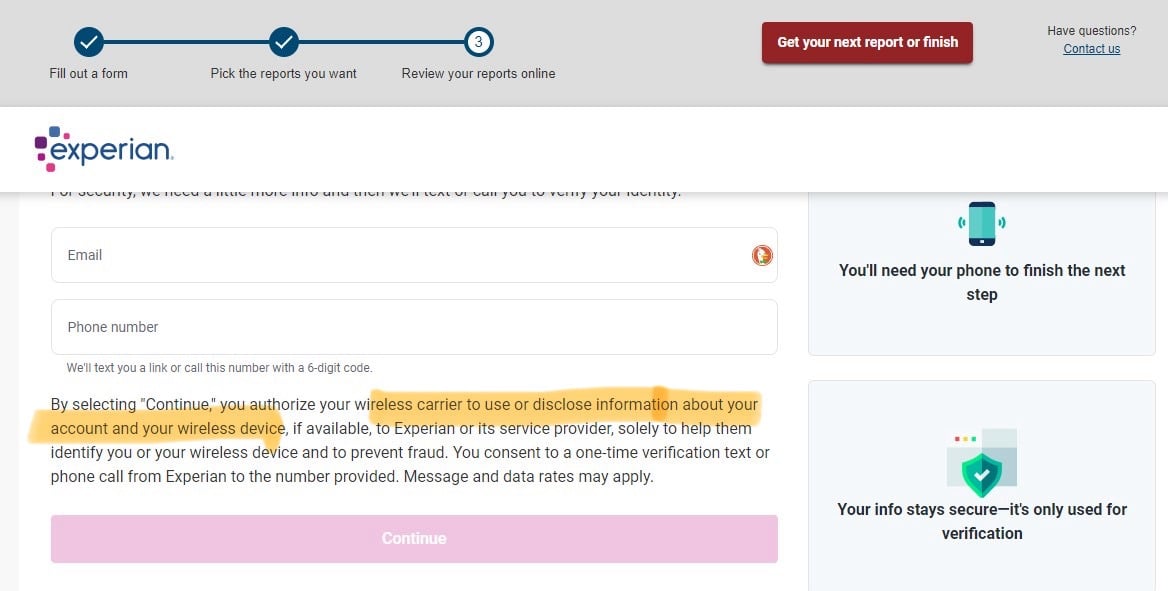this post was submitted on 05 Jan 2025
227 points (99.6% liked)
Privacy
32741 readers
3016 users here now
A place to discuss privacy and freedom in the digital world.
Privacy has become a very important issue in modern society, with companies and governments constantly abusing their power, more and more people are waking up to the importance of digital privacy.
In this community everyone is welcome to post links and discuss topics related to privacy.
Some Rules
- Posting a link to a website containing tracking isn't great, if contents of the website are behind a paywall maybe copy them into the post
- Don't promote proprietary software
- Try to keep things on topic
- If you have a question, please try searching for previous discussions, maybe it has already been answered
- Reposts are fine, but should have at least a couple of weeks in between so that the post can reach a new audience
- Be nice :)
Related communities
much thanks to @gary_host_laptop for the logo design :)
founded 5 years ago
MODERATORS
you are viewing a single comment's thread
view the rest of the comments
view the rest of the comments

guessing they're using the carrier's data for verification. name, address, phone number, socials and at least partials of credit cards, bank accounts. whatever relevant that they have.
this is all data the credit bureau has on you already
Can confirm, it is information they already have. Below is likely the API the telco exposes to the bureau. Each data point queried returns true, false, or a confidence score.
It is intended as an anti-fraud tool. Not saying I agree with it. Something like PGP is sufficient for building out a web-of-trust without needing to share my personal information.
https://redocly.github.io/redoc/?url=https%3A%2F%2Fraw.githubusercontent.com%2Fcamaraproject%2FKnowYourCustomer%2Fr1.4%2Fcode%2FAPI_definitions%2Fkyc-match.yaml&nocors=#tag/Match/operation/KYC_Match
Please stop with the defiling of the word ‘Fraud’. Fraud does not mean someone who claims ownership of their own identity. A $20 billion dollar association (CDIA) missing a handful of verified data points on someone’s life doesn’t constitute fraud. We’re talking about a corporation whose whole market is based on repurposing the data they collect about us. So if you’re going to make an inference as to their intention, assume it’s the one they have had since 1970. To gather more information about the public for profit and control.
I’ve run into issues with SMS-based 2FA (yikes) on some websites because my phone number was a landline number I purchased then later transferred to my wireless carrier.
I bring this up because I’ve noticed some websites have the typical “we’ll confirm your information with your wireless carrier” verbiage, but those generally mention they do so to determine whether the number is a landline or wireless.
I’m super unsure of what’s going on in this case, but when I first saw this screenshot this is what came to mind.
Experian is stuck on an old phone number for 2FA and I can’t remove it because I don’t have a phone number. I really hate how they tie everything to a phone number.
The online social security
Me too, and it’s worse because it’s not secure.
I keep saying this a lot but I don’t know why recently (the last ~5 years) everyone is jumping on SMS-based 2FA. I remember this was really big around 2010 and as a developer all the tools for SMS-based 2FA are deprecated or unmaintained (at least in my programming language). It seems like all these websites that jumped on board 10 years late have very poor security practices.
It’s not, or they wouldn’t need to request my explicit permission to obtain it. You don’t need to guess what it’s for because we know that credit “bureaus” exist to profile “consumers” and sell their information, whether aggregate or personal. They’re asking to gain access to my carrier account and my device information. This is about data inventory. The credit bureaus know who has it and want permission to buy it from them.